
STUDENT Q&A PARSHA
Shabbat and the Festivities of the Mind



What’s the Purpose of Mitzvah?
Can Miracles be Duplicated?
How Did ChangeChristianity Torah?

LETTERS
e Dead Follow Mitzvos?



Hume vs. Torah



STUDENT Q&A PARSHA



What’s the Purpose of Mitzvah?
Can Miracles be Duplicated?
How Did ChangeChristianity Torah?

LETTERS



Hume vs. Torah






We


| Please send letters and questions to: Comment@Mesora.org |
RABBI MOSHE BEN-CHAIM Aharon’s questions share new insights
RABBI MOSHE BEN-CHAIM Responding to Hume’s philosophy
RABBI REUVEN MANN
How Shabbat overrides even Temple and why
SHARON BROKER
How my parents’ memories influence me now
RABBI MOSHE BEN-CHAIM Scripture and reason provide direction
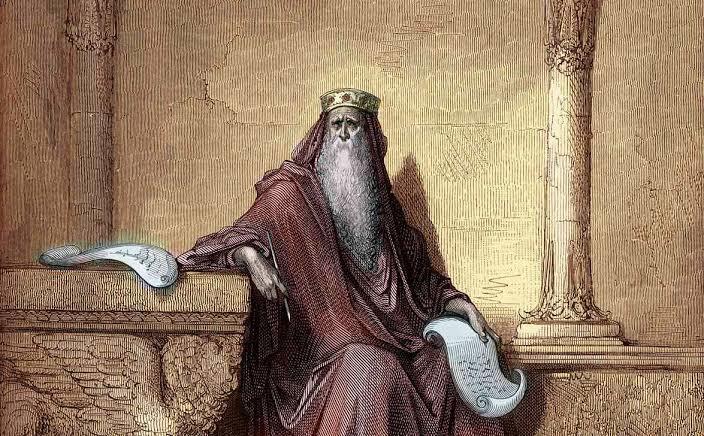
King Solomon says (Koheles 2:18,19) it is futile to be concerned whether someone will abuse your wealth once you die: “Will my son be wise or foolish?” One futility is because you will not be there to be disturbed by this. e second futility is that it has not yet occurred. e king recommends that one be happy with what he eats and drinks, and his labors (Ibid. 2:24), because as he says next, this is where “you” partake. What happens later is fantasy; what you partake of now is reality. Happiness is living in reality.

tudent: 1) What use are mitzvos, if God does not speak to us anymore?
2) Today, we can use lasers to duplicate the writing inside the Ten Commandments’ sapphire tablets. Why then did God make a miracle that can be duplicated by man?
RABBI MOSHE BEN-CHAIM (CONT.
3) How can Christianity change Torah, when God said not to add to, or subtract from Torah?
–Aharon F.

RABBI: 1) I assume you mean that mitzvos seem purposeless if we don't receive a response from God. Meaning, if we don’t hear God saying we are doing things right, if He doesn’t reward us after doing mitzvos, what’s the use of doing the mitzvah?
However, we benefit from mitzvos even without God’s response or immediate reward. For example, when we wave the lulav and esrog up and down, and then in all 4 horizontal directions, we think about what this represents. Up and down represents the heavens (what’s up) and Earth (what’s down), all creation. And the directions of north, south, east, and west represent man’s travels on Earth. This act of waving the lulav and esrog reminds us that God created everything: the heavens and Earth. And waving them in all four directions represents that God is aware and guides our travels on Earth. So, He is the creator, and He is also our governor, who guides us after His creation. Even without God responding to our mitzvah, the mitzvah itself reminds us of beautiful and important truths. Sustaining our awareness of these two truths through performing mitzvah, we come to understand what God wants for us in this life, in which He placed us and guides us for our own good.
Mezuzah is believed by some foolish people to protect our bodies. If we put fire on a mezuzah, it will burn. If it cannot protect itself, how can it protect us?! But Maimonides says (Hil. Mezuza 5:4) such belief in mezuzah’s protection forfeits one’s Olam Haba: “Mezuzah is for the lofty purpose of guiding us towards profound ideas on the Unity of God, His love and His service.” Gilyon Meharsha says, “If one a xes the mezuza for the reason of fulfilling the command, one may consider that as reward for doing so he will be watched by God. But, if one a xes the mezuza solely for protective reasons, it in fact has no guidance, and the mezuza will be as knives in his eyes” (Yoreh Daya 289). Even this metaphor of “knives in his eyes” has a lesson. It means this wrong idea, when seeing (eyes) the mezuzah, will destroy him (knives). It destroys him because it diminishes his concept of God, because now even physical objects have powers. But God must be viewed as the only power in the universe. You must believe God is the sole cause of our good fortune, and no other object or being. Believing in powers other than God is idolatrous, and is the worst sin.
Now we see that even without God responding to our mitzvos of lulav and mezuzah, we gain greatly by thinking into their purposes. The action, of course, must be performed, but the idea behind the mitzvah is the real benefit, and God does not have to respond in order that we benefit from mitzvah. The new idea is the benefit.
Rabbi Chait said if we don't understand why we are performing a mitzvah, it is useless. And here we see that it can even be tragic. Meaning, it is the idea behind the mitzvah that is important, and not the physical action. The most important experiences are not physical actions, but the wisdom we gain through understanding the mitzvos. This is because the most important part of us is our soul, not our body. Our souls can see knowledge, our bodies cannot. Our souls are eternal, our bodies are not. Read Maimonides’ reasons for the mitzvos found in book III of his “Guide for the Perplexed.” This will help you further appreciate how mitzvos benefit ourselves without God’s response or reward.
2) By definition, miracles cannot be duplicated. If they could be duplicated, then God is not the only power. The created intelligent voice emanating from the fire on Mount Sinai can’t be duplicated. For no intelligent being can exist in fire. The tablets which had writing inside them also cannot be duplicated. Even though today we can use lasers to make that internal writing, we cannot duplicate the “natural formation” of the letters which grew inside the sapphire, starting in the 6 days of creation (Ethics 5:6) and forming over millions of years. Any writing inside a sapphire tablet today with a laser does not copy the process of “natural forming” letters through the sapphire’s growing grain, which only the original tablets had. Laser etching is a “subsequent” act of etching on stone, and not a genetic growth within sapphire’s grain. If someone would take sapphire and laser-cut Hebrew letters inside of it, we would see it was man-made and not natural. Thus, the sapphire tablets with naturally formed letters inside the sapphire grain cannot be duplicated. Only the creator of sapphire could have made these two tablets with the Torah written on the inside. God's message by doing so is that the physical world (sapphire) exists for Torah.
3) “Listen Israel: God is our God, God is one” (Deut. 6:4). This statement couldn't be any clearer: there is only one God. Yet, Christianity believes God to be the father, the son and the Holy Ghost and twisted the words in this verse, and said, “The word God is found 3 times here, proving a trinity.” The answer is, if a person distorts their mind due to their corrupt emotions, there is no limit to their nonsense, nor is there any loyalty to reason or to God's true intentions. Maimonides criticizes Christians: “This is like the doctrine of the Christians, who say that He is one and He is three, and that the three are one” (Guide, book I, chap. L). So, based on Christianity’s distortion of reality, they distort Torah to attempt to validate their false views.■







READER: David Hume harshly criticized the cosmological argument which states “God can be inferred from facts concerning causation, explanation, change, motion, contingency, dependency.” Hume argued that since human knowledge is limited to the universe, a person cannot acquire knowledge beyond it. David Hume criticized the cosmological argument that the universe was not created in order for us to say that it was created by a God. Hume argues that the design argument is built upon a faulty analogy as, unlike with man-made objects, we have not witnessed the design of a universe, so we do not know whether the universe was the result of design. Moreover, the size of the universe makes the analogy problematic: although our experience of the universe is of order, there may be chaos in other parts of the universe.
How do you reply to David Hume?
P.S. Hume was not an atheist but an agnostic.
–Turk Hill
RABBI: “Hume said human knowledge is limited to the universe, a person cannot acquire knowledge beyond it”
He meant to say that our minds cannot perceive what took place prior to creation, which is beyond perception. However, sensory perception is not the only path to human knowledge. Einstein used reasoning, and extrapolated events which actually took place. Although he never witnessed such events transpiring, his understanding

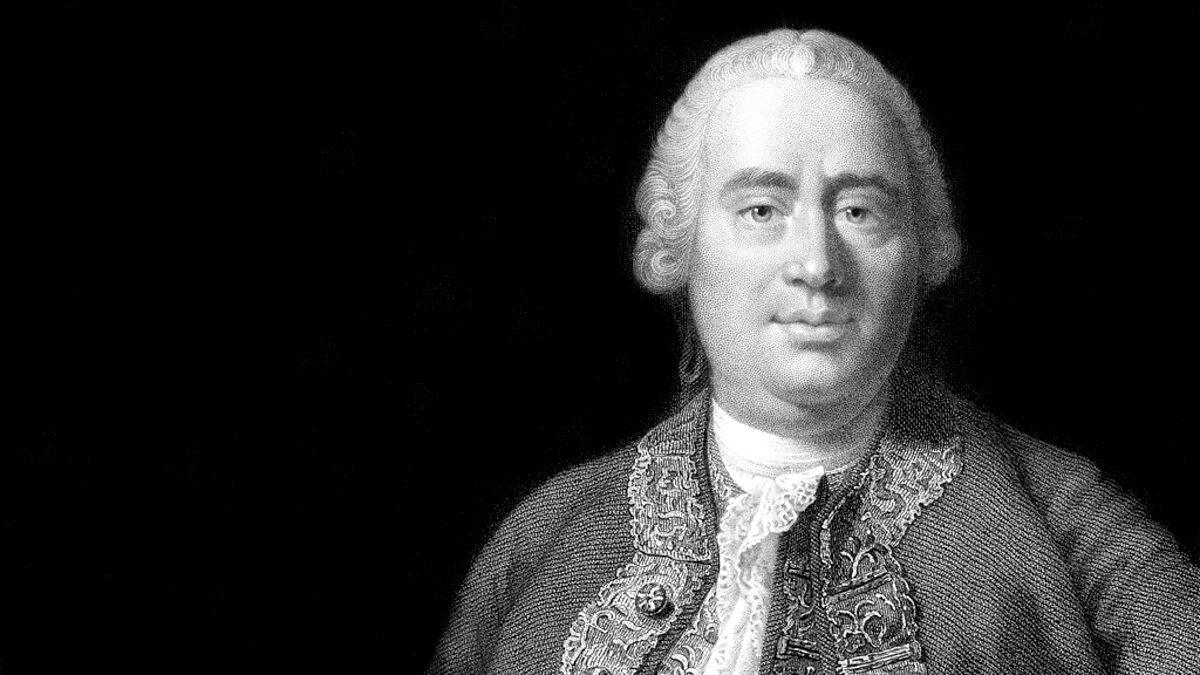
of natural law dictated mandatory events. Einstein and Abraham arrived at knowledge of God through studying the universe, Hume can’t reject this truth. But I imagine he would reject this as faith, and not “knowledge.” But Einstein and Abraham would respond that the level of wisdom required to run the universe demands the existence of God. This rejects Hume’s statement, for here, man can acquire knowledge beyond the physical universe.
Maimonides never saw a magnetic field, but he knew that since two objects cannot a ect each other without contact, a magnet’s pull on iron at a distance demands some existence that relates the magnet to the iron, namely a field (Rabbi Israel Chait). Using reasoning, one can determine the existence of this field, of other things and laws. Therefore, in addition to sense perception, we can use intelligence to extrapolate, to deduce and to generalize. And of course prophecy teaches matters outside these two areas.
“The universe was not created in order for us to say that it was created by a God” I agree that it is impossible to impute motive to God, as motive is a human operation. Here we must resort to God’s communication (Torah) which says the opposite: earthly existence has the purpose of man recognizing God, and submitting to His will. And since Hume is a staunch supporter of accepting perception, he should also accept history when perceived by masses. Hume must support the perception of 2.5 million Jews who
received divine Torah communication at Mount Sinai…God communicating His will to mankind. Therefore, Hume contradicts himself: perception teaches that the universe was created for man to recognize God.
“We have not witnessed the design of a universe, so we do not know whether the universe was the result of design”
If Hume means we must witness the act of creation, I don't understand his argument. For a person can examine an automobile after it was created, and deduce many intended objectives of this device. Although he did not watch the automaker assemble the vehicle, Hume would never say an automobile came into existence without a designer. How then can something so much more elaborate like the universe be the result of chance and no designer?
“Although our experience of the universe is of order, there may be chaos in other parts of the universe”
An intelligent person perceives consistency in the universe. (There’s that word “perception” again.) He would not say that tomorrow the sun will be square, the moon will disappear, or that water will no longer be necessary for life. Therefore, it is unscientific for Hume to suggest chaos, when all consistent indications are that the universe has order everywhere. It is inconsistent to suggest chaos, certainly, when never perceived Mr. Hume. ■
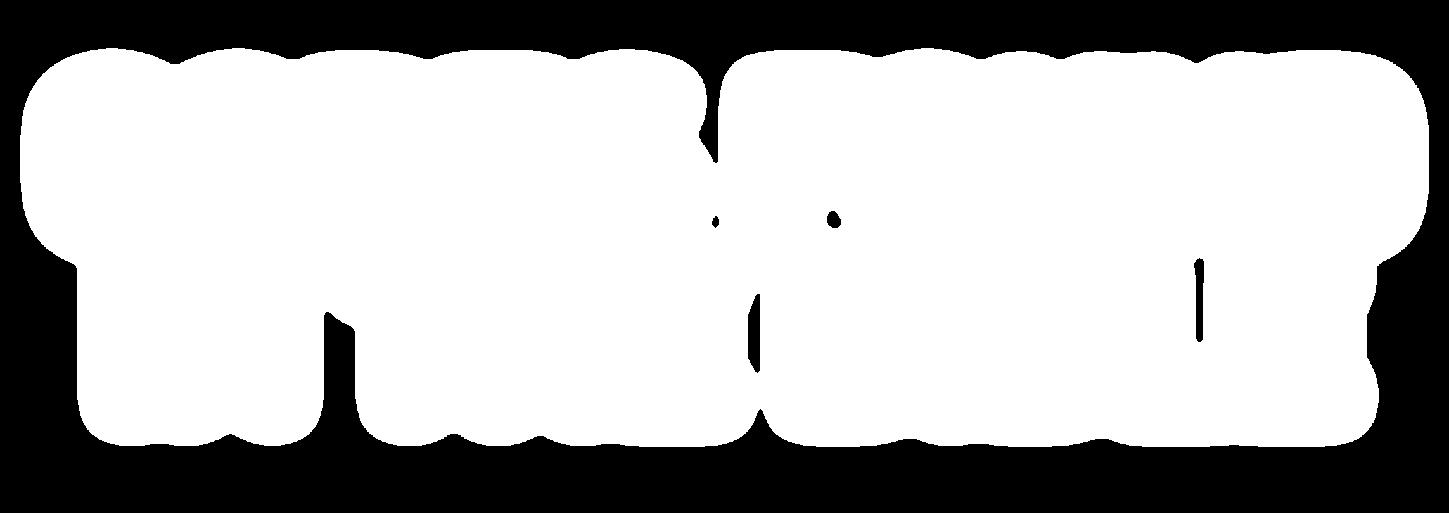

All books depict history, facts, theories, fiction or poetry. No book is coded with hidden messages beyond the words or patterns revealing marvels. But the Bible (Torah) was written by God, and is “coded.” The order of verses, use of certain phrases, apparent contradictions and other Biblical patterns are pur poseful clues to God’s wisdom.
This book unveils those patterns and shares the hidden messages.





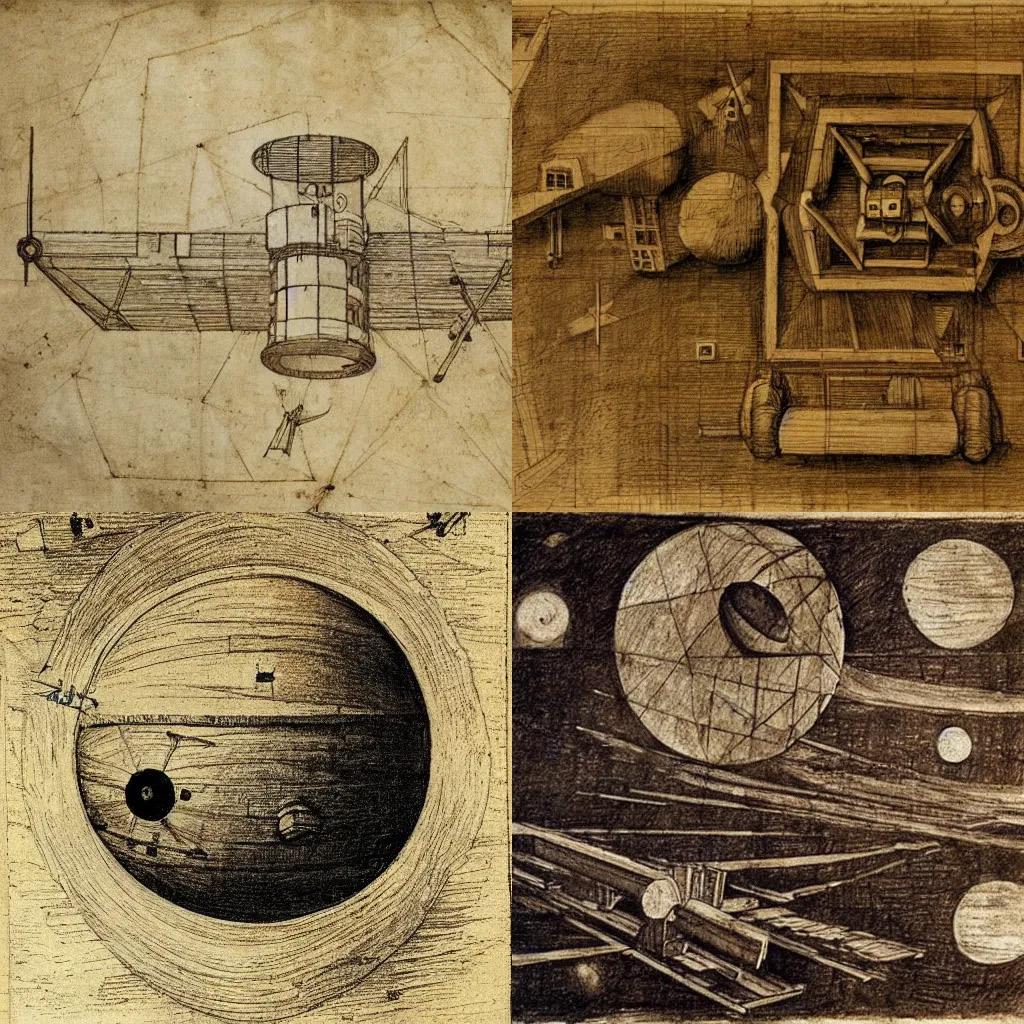
construction of the Mishkan (Tabernacle). The entire nation was gathered to listen to Moshe’s exhortation to o er the contributions and to perform the skillful artistic sculpting that the project required. Fortunate is the artist whose talents are needed and which bring great spiritual benefit to an entire nation.
Rabbi Reuven MannMoshe prefaced his instructions pertaining to the Tabernacle with a call to keep the Sabbath. He said, “On six days work shall be done, but the seventh day shall be holy to you, a day of complete rest for Hashem; whoever does work on it shall be put to death. You shall not kindle fire in any of your dwellings on the Sabbath day” (Shemot 35:2-3).
At first glance, it is not clear what the keeping of Shabbat has to do with the building of the Mishkan. A number of commentators have addressed this issue and have provided interesting explanations for this juxtaposition. Some have suggested that its purpose is to emphasize the point that as important as the construction of this holy site is, it does not supersede the Shabbat. Thus, when the Sabbath draws near, all work on the Mishkan must cease. Even the holiest implements to be utilized in the Temple Service cannot be worked on during the seventh day.
This contains an important teaching for one might have thought that only labor directed at mundane objectives must cease, so man can focus on his

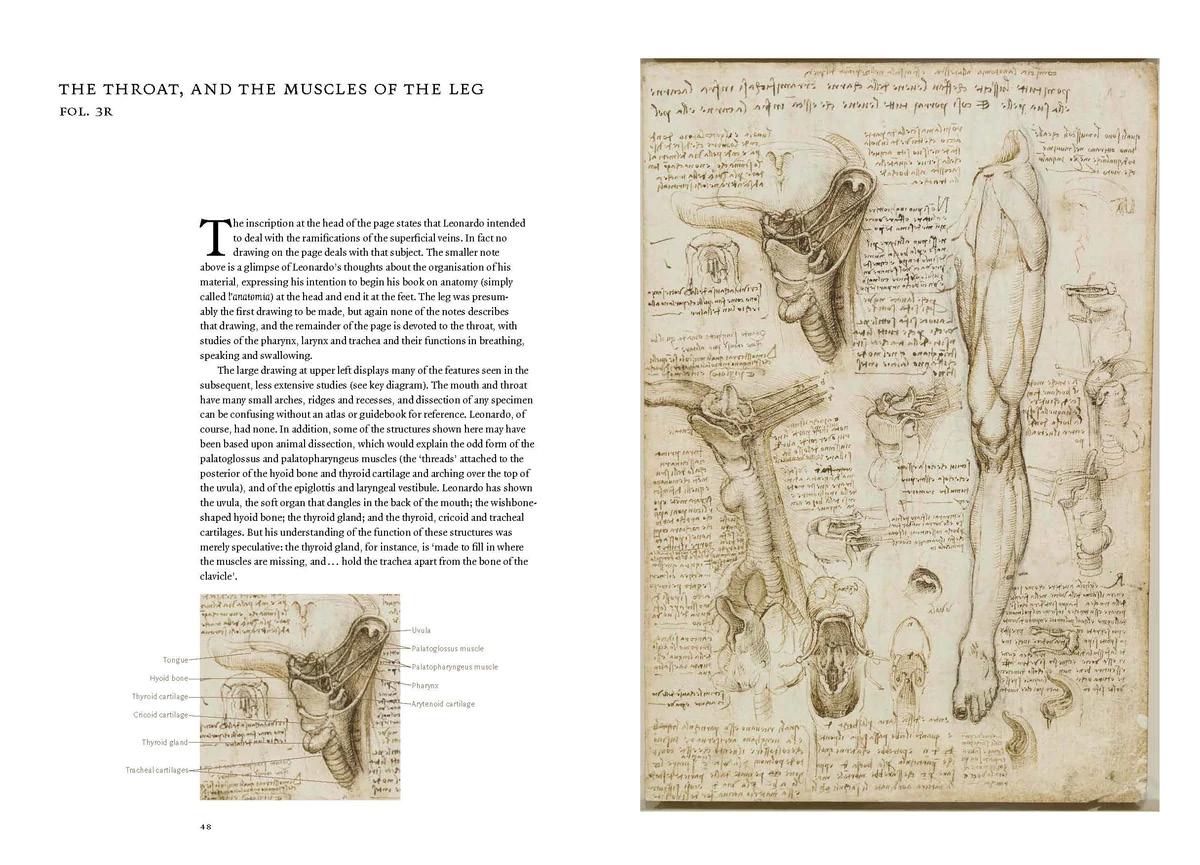
spiritual necessities but activities that are intended to establish the “resting place” for the Divine Presence would be an appropriate undertaking on the holy day. However, the Torah teaches us otherwise. Refraining from any labor, even the construction of the Mishkan, is of greater value than building even the most sacred edifice. What is the reason for that?
To utilize one’s talents in the building of things that have supreme moral significance is a great accomplishment. In this endeavor, one must employ wisdom, skill, and the ability to adhere to precise measurements and designs. To work together harmoniously with other engineers and craftsmen of all kinds in producing a complex structure for a very important purpose is an uplifting experience that can elevate a person to a higher level.
So why would it be problematic for a person to engage in that type of activity on the Sabbath? I would like to o er a suggestion. On Shabbat, a person must refrain from any creative activity, even the preparation of foods for the sake of enjoying the day’s special meals.
[It should be noted that it is a Mitzvah to celebrate Shabbat with three celebratory meals. They can be prepared as long as no cooking or baking is involved. Thus, one can arrange the prepared foods on plates in the manner desired, but the actual “work” of producing them cannot be performed on the holy day.]
There is only one type of human creativity that is permitted and even encouraged on Shabbat, and that is the intellectual variety. The purpose of Shabbat is not to refrain from all activity and simply do nothing. The withdrawal from the realm of physical activity is in order to free the mind of the person for the study of the Torah. The commandment to “rest” does not mean to cease functioning but, rather, to enjoy the delights of the soul. The day is actually dedicated to the “festivities of the mind.” Many activities are proscribed on the seventh day because they consti-
tute what is regarded as “nullification of the Beit Midrash (House of Study)”.
The Rambam describes the proper observance of Shabbat this way; “The custom of the early Tzadikim (righteous ones) was to pray on Shabbat morning Shacharit (morning) and Mussaf (additional prayer said on Shabbat and Yom Tov) in the Synagogue, then go home to eat the second meal, and afterward to go to the House of Study to engage in learning until the time for Mincha (afternoon prayer). After that, he would establish the third meal over wine and eat and drink until the conclusion of the Shabbat” (Mishneh Torah, Hilchot Shabbat 30:10).
The proper observance of Shabbat requires that one engages in pleasurable activities such as eating fine foods and drinking special beverages. However, the requirement to experience joy on this special day includes, but is not limited to, carnal indulgences. The Talmudic sage Rebbie Berachia says that Shabbat was only given to engage in Torah study (Yerushalmi Shabbat 15:3:2). Man is a unique being made not only with physical and instinctual needs but intellectual and spiritual ones as well. The “rest” we are supposed to experience on the seventh day is a unique, joy-based one–experiencing the wonders of Hashem’s creation and His Revelation.
Rabbi Joseph Soloveitchik goes so far as to assert that completely neglecting Torah study on the Sabbath is akin to Sabbath desecration. Therefore, it seems to me that the act of building the holy Mishkan, as important as it is, cannot override the great Mitzvah of observing the Shabbat. The e ect that a genuine Shabbat encounter, in which one experiences joy in perceiving the wisdom of Torah, is greater than any other spiritual activity in terms of bringing a person closer to Hashem. May we be inspired to seek to observe the Sabbath on a higher level, appreciate its beauty and enjoy its delights.
Shabbat Shalom. ■



Reflections about my mom, Blanche Schwartz
Written as a Ilui Nishama for Blima Bas Tzvi Aryeh on her Yartzeit - 23rd of Teves
One might think that living life to its fullest means not thinking about death. I want to suggest that in truth, living life to its fullest and accepting death are very much connected. A hint to this can be seen In the 2nd bracha in the Amidah which speaks about the revival of the dead. In Hebrew, the phrase is “Techiyas Hameisim” which includes the word “Chai” - life itself. What is the connection between living life to its fullest and accepting death and what lessons can be take from this?
Lesson 1
Encountering and accepting death is one of the hardest things in life. For anyone who lost someone close to them, they are familiar with a very strong feeling that a part of them is now missing from the world. Dealing with this pain and disappointment is very difficult. This was very much the case when I suddenly lost my mother. She unexpectedly passed away in her home. To me, this was a sign that it was time for her to return to her true home to Hashem. Even though it’s been over 20 years since her passing, my love for her (and my father) still remains strong. They have been great influencers in my life through the stories and experiences in their life. Even more, the love they gave me is still something feel in my life everyday. This has given me the strength for my own life’s journey and helped me feel good about myself, experience joy and success. Besides for this, there’s another level of impact. Even when loved ones pass away they are still here with us in spirit and help us out from their lessons. We can feel their support and I have felt my mothers support which I very much appreciate. Therefore, we see that the impact one can have on the living can continue in a real way even after death. But the connection between
life and death is even deeper than this.
Lesson 2
When we come to be real with death it helps us feel forever grateful to be alive, for the opportunity to keep on growing, be successful and make the world a brighter place.
Lesson 3
In addition, even though its painful, experiencing the loss of someone close to you and learning to accept death teaches us that we can’t be in control of what happens. It teaches us that we need to be real with ourselves and accept even things in life that don’t seem perfect to us because we can believe that everything that happens is for a greater purpose that is helping both us and the world to become a better place. In this way, learning to accept death teaches us how to both appreciate the gift of life and how to let go of control, and live life to its fullest even when things don’t go our way.
To sum up, here are the 4 lesson to be learned from the connection between life and death
Lesson 1 - The impact of a person can be felt even after they die through how their influence impacts others who are living.
Lesson 2 - Accepting death helps us choose to be grateful for the opportunity to be alive and take advantage of what we can achieve Lesson 3 - Accepting death teaches us how to live life while accepting we are not in control but everything that happens is for a greater purpose.
I will never forget my Mom and Dad who were the most amazing, beautiful and inspring parents. My love for you is always, forever and for infinity. Thank you for teaching me how to live my life even through your death.
If you enjoyed, please share with others in the merit of Blima bas Tzvi Aryeh ■
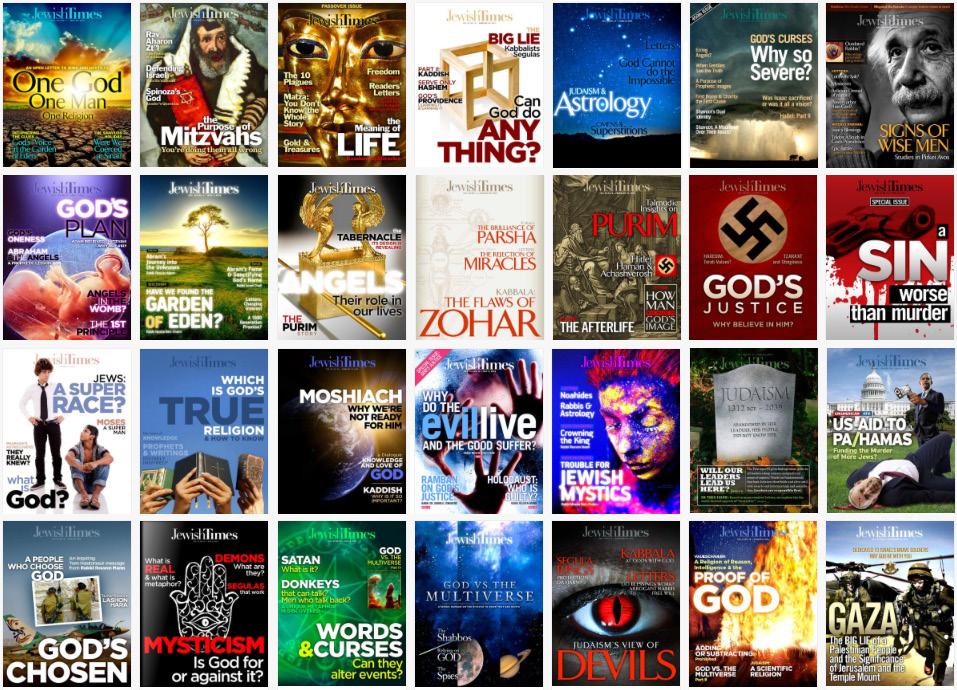



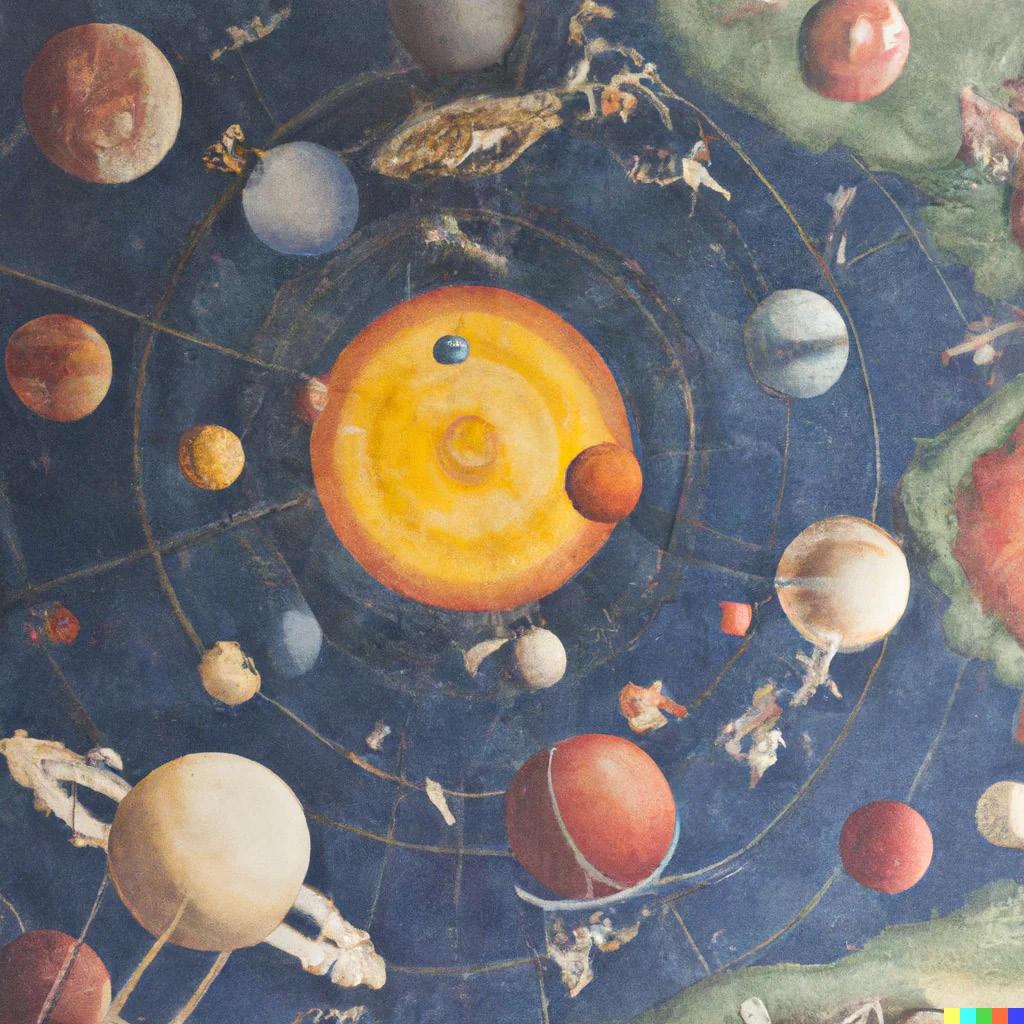
READER: The Talmud says that the dead are not bound by mitzvos.
Rabbi Yohanan said: What is the meaning of that which is written: “Set apart among the dead, like the slain that lie in the grave, whom you remember no more” (Psalms 88:6)? [This means] once a person dies, he becomes free from the mitzvot. Rambam codifies it as halacha, “It is permitted to make shrouds for the deceased from kilayim, for the deceased are not obligated in any mitzvot.” Interestingly, some even extrapolated this to apply to the future resurrected people, since mitzvos will no longer apply. Are these sources really saying the deceased are free from doing mitzvot in heaven?
—Turk HillRABBI: Mitzvos are physical actions, and the dead are no longer physical. God gave Torah to the living. Torah is eternal, even after the era of messiah and resurrection mitzvos apply. Isaiah 64:3 says “Such things had never been heard or note…no eye has seen them God, but You alone…” On this verse, Talmud Brachos 34b says as follows: “And Rabbi Chiyya bar Abba said that Rabbi Yo anan said: ‘All the prophets only prophesied with regard to the change in world order in the end of days with regard to the days of the Messiah. However, with regard to the World-to-Come, “No eye has seen it, God, aside from You.’” From here we learn that knowledge of the afterlife is not a matter we know anything about. And this is because God wants man to engage Torah study and mitzvahs for their own sake, and not for an ultimate reward later. If however we are focused on the reward, then we do not learn for the joy of learning itself. Therefore, the reward is hidden, thereby enabling us to pursue wisdom for its own sake. Ironically, this increases our reward. ■

